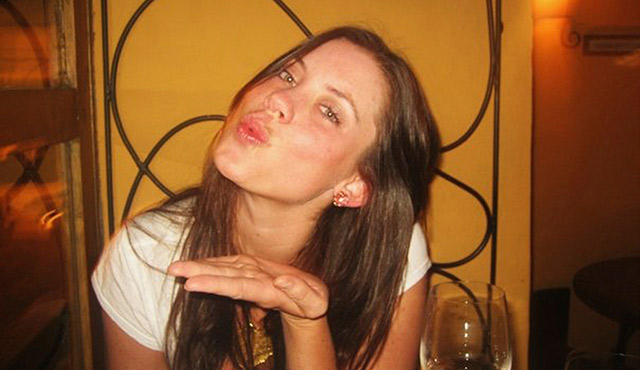“There is no human life more sacred than another, just as there is no human life qualitatively more significant than another. The credibility of a health care system is not measured solely by efficiency, but above all by the attention and love given to the person, whose life is always sacred and inviolable.” —Pope Francis
As his father was losing his fight against Parkinson’s disease at St. John’s Hospital in Springfield, Ill. recently, Bishop Kevin Vann prayed and meditated on eternal life and the human experience of dying. Bishop Vann’s reflections during his father’s last days – chronicled on his blog at ocbishop.org – personalized the Catholic Church’s current fight against California’s assisted suicide legislation introduced in January.
“Medicine is built upon a long and venerable ethical tradition, stretching back to the Hippocratic Oath, which can be summarized: ‘when possible to cure, always to care, never to kill,’” Bishop Vann noted. When he counsels the dying and their families, he said, he emphasizes that fear and pain will never have the last word. “As Christians, we believe in a reality greater than we can see. Finding hope and peace in dying and death, and realizing that the decisions about both life and death are not ours but God’s to make, allows the Lord to take the lead,” Bishop Vann said.
“When we are on the verge of something eternal, it’s a God-given moment,” Bishop Vann said. Providing prayer and spiritual counseling to the families of the dying and the patients reconciles them with God and with each other.
He says he considers it a privilege to be at the bedsides of the dying and notes the vital roles of palliative and hospice care. Good palliative care addresses the needs of the whole person – not merely the biological aspects of disease or disability, but the psychological, social and spiritual needs of people in their final days, Bishop Vann said. The work of palliative care in medicine is complemented by the hospice movement in nursing, which has made great advances in recent years. With hospice care, death is neither postponed nor hastened; to witness death is to be present in a sacred moment.
As his father was breathing his last, Bishop Vann recalled, “we kept vigil together at his bedside and we knew that he would pass on God’s time, not on his own. No one could take that time from us. It gave my siblings and I time to be together, and to enable my father to go home when God called him.”
He wrote about the vigil on his blog: “I found these words from All Souls Day yesterday in a parish bulletin from a church where I celebrated Mass: ‘We do everything possible to eliminate the thought. Yet for the Christian, death is not a moment separate from the rest of life. The deepest hope nourished by the faith is the final encounter with Christ.’
“As I sit here with my father waiting for his passage into eternal life, I remember that we are not far from what was once called the hospital’s ‘expectant fathers’ waiting room’ where he waited for me to be born in the early hours of May 10, 1951.”
While many people worry that their last days might be filled with undue pain, discomfort or other indignities, medicine today offers many alternatives for end-of-life care. Few of us want to spend our last moments in an intensive care unit, with IV lines and breathing tubes and all the other apparatus of high-tech medicine, so good palliative medicine ensures our care and comfort when a cure is impossible, offering the solace and consolation we need.
Palliative medicine includes pain management, treatment of depression and anxiety, emotional and social support, and spiritual care. The effects of terminal illness, including pain, loss of function, isolation, and becoming a burden on others, are minimized. In fact, Bishop Vann noted, palliative care extends the ministry of Jesus, who cared for the sick and dying.
Thus death is not to be feared, he said, although it is not to be speeded up, either. “Our Catholic faith and morals do not require that we continue to pursue useless or excessively burdensome treatments that have little chance of benefit,” Bishop Vann said. “In the same way, we find great blessings and great love at the moment of death because it reunites us with God.”
The End of Life Option Act, SB 128, which would allow physician-assisted suicide in California, was introduced to the California legislature on Jan. 21. If the bill fails, its supporters promise a ballot initiative in 2016.

